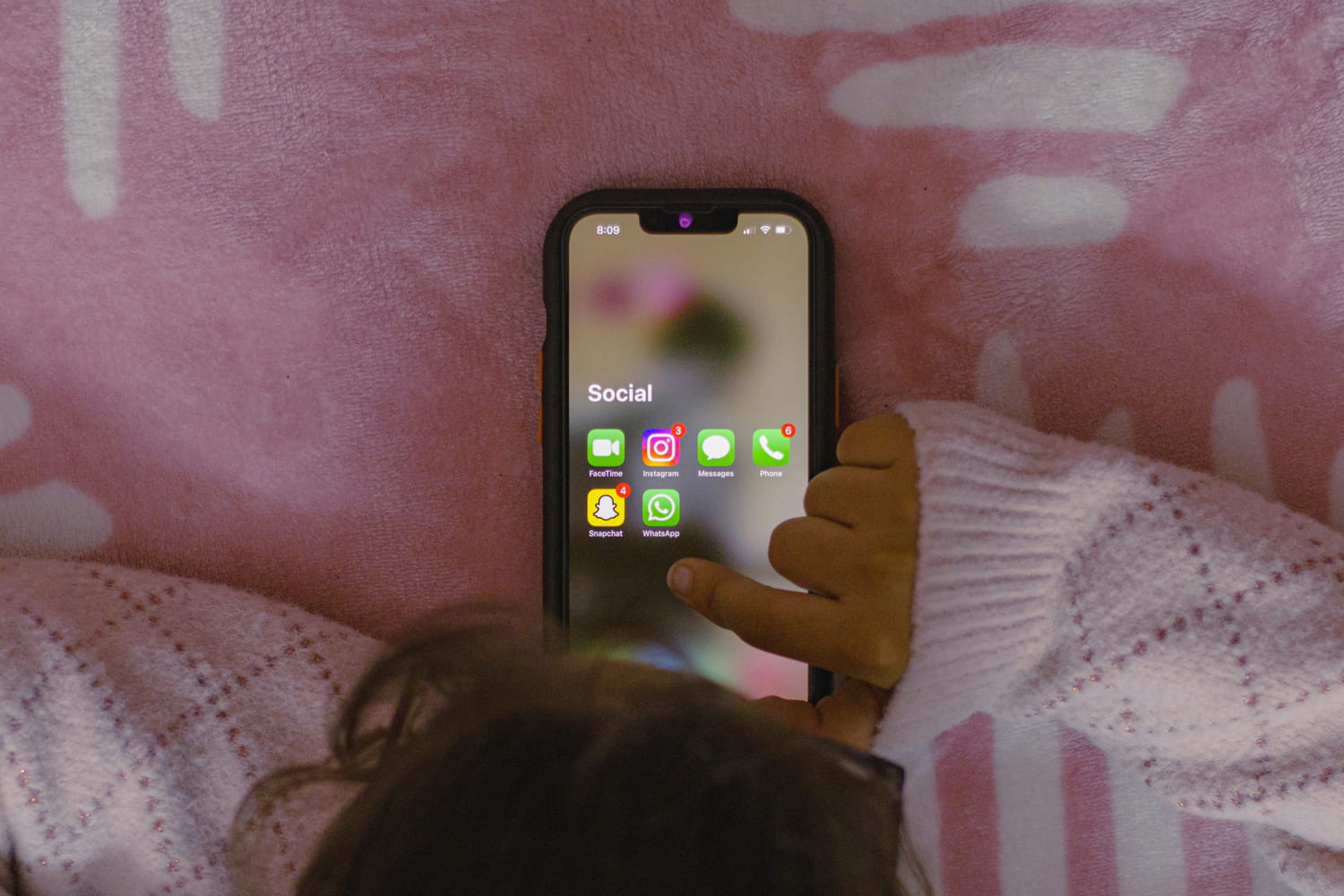A rule that contributes to preserving their mental health, and the effects of which are still measured years later.
Reducing children’s screen time has become the headache of thousands of parents. The negotiated rules rarely hold more than a week, threats are screaming and compromises leave everyone frustrated. However, a parenting expert affirms that a clear, unambiguous and assumed decision by the whole family, makes it possible to avoid tensions. His method, deemed radical by some, turned out to be formidably effective.
The observation is shared by many specialists: children spend more and more hours in front of their screens, from an early age. Studies point out known risks: drop in concentration, sleep disorders and social difficulties. Parenting expert Gen Muir speaks without detours: “It is not only our physical health, but also our mental health” which is threatened by excessive exposure. She recalls that the children’s brain does not have the maturity necessary to manage digital temptation before 25 years.
Faced with this vulnerability, the idea is not to impose a military discipline, but to give a framework where children understand what is expected and why. The specialist first recommends formalizing the rules in a written contract. “Stay simple, but when it’s in writing, we cannot pretend we don’t know.” Putting black on white terms avoids endless discussions and strengthens consistency. It also invites to adjust the approach when children break the rule: “Instead of punishing them, simply say: ‘we all have trouble with that, let us make sure to manage the situation at least next week’.” This benevolent vision, which seeks to accompany rather to sanction, reduces confrontations and allows you to move forward.
But the key, according to her, remains parental exemplarity. Children observe before listening. Adults who require their children strict management of their phones while consulting theirs at the table or at bedtime send a contradictory message. This is why, the absolute rule according to the expert is to prohibit any phone in the room, that of the parents included. “All screens must get out of the rooms, without exception”, she advocates. Even if his children sometimes use a computer for their homework, the rule applies in the evening.
A framework which, once applied over time, ends up being integrated by children. The expert assures that, years later, they recognize their usefulness. This vision is based on a solid conviction: a child who grows with clear rules on screens gains precious autonomy, because he learns to protect himself from an addiction. To remember.









